Vitamin D deficiency may make HIV treatment less effective
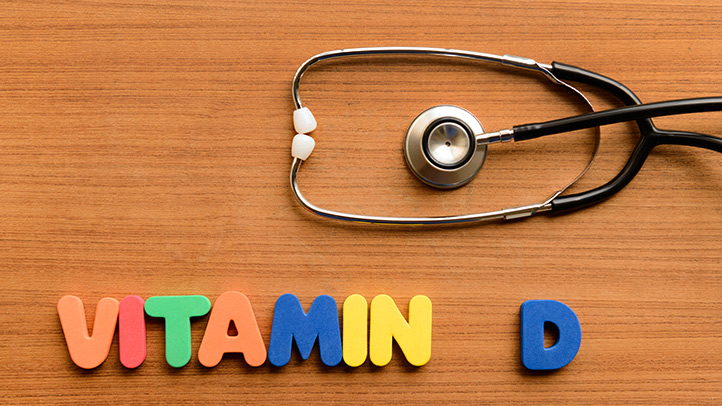
New York: Low levels of vitamin D may
limit immune recovery in HIV-positive adults undergoing treatment, says a new
study.
Those infected with HIV often struggle with declining health because their immune systems can not effectively respond to common pathogens.
"Because of the immune-destroying effects of HIV, infection usually results in relatively quick death without treatment. The magic of antiretroviral therapy, the name for drugs to treat HIV, lies in its ability to restore immune function," said study co-author Amara Ezeamama, assistant professor in the University of Georgia in the US.
"Our goal was to understand whether vitamin D deficiency limits the amount of immune recovery benefit for persons on HIV treatment," Ezeamama noted. The immune status of HIV-positive people is usually measured by CD4+T cells, a type of T cell that helps the immune system fight off pathogens.
Ezeamama conducted an 18-month study
in which the immune status of 398 HIV-positive adults was measured at zero,
three, six, 12 and 18
months. The researchers, through observation, related the
rise in immune function to whether or not individuals had adequate levels of
vitamin D.
Specifically, the research showed that vitamin D helped the adults' CD4+T cells recover more quickly.
Participants with sufficient levels of
vitamin D recovered more of their immune function than those with vitamin D
deficiency, the findings showed.
The benefit of vitamin D sufficiency seemed greater for younger and underweight HIV-positive adults.
"Given different vitamin D levels, HIV-positive adults recovered at different rates. We found a relationship between vitamin D and CD4+T cells," Ezeamama said.
The findings were published in the journal Clinical Nutrition.
AIMIM News
Latest Urdu News
Most Viewed
Which cricket team is your favourite to win the T20 World Cup 2026?


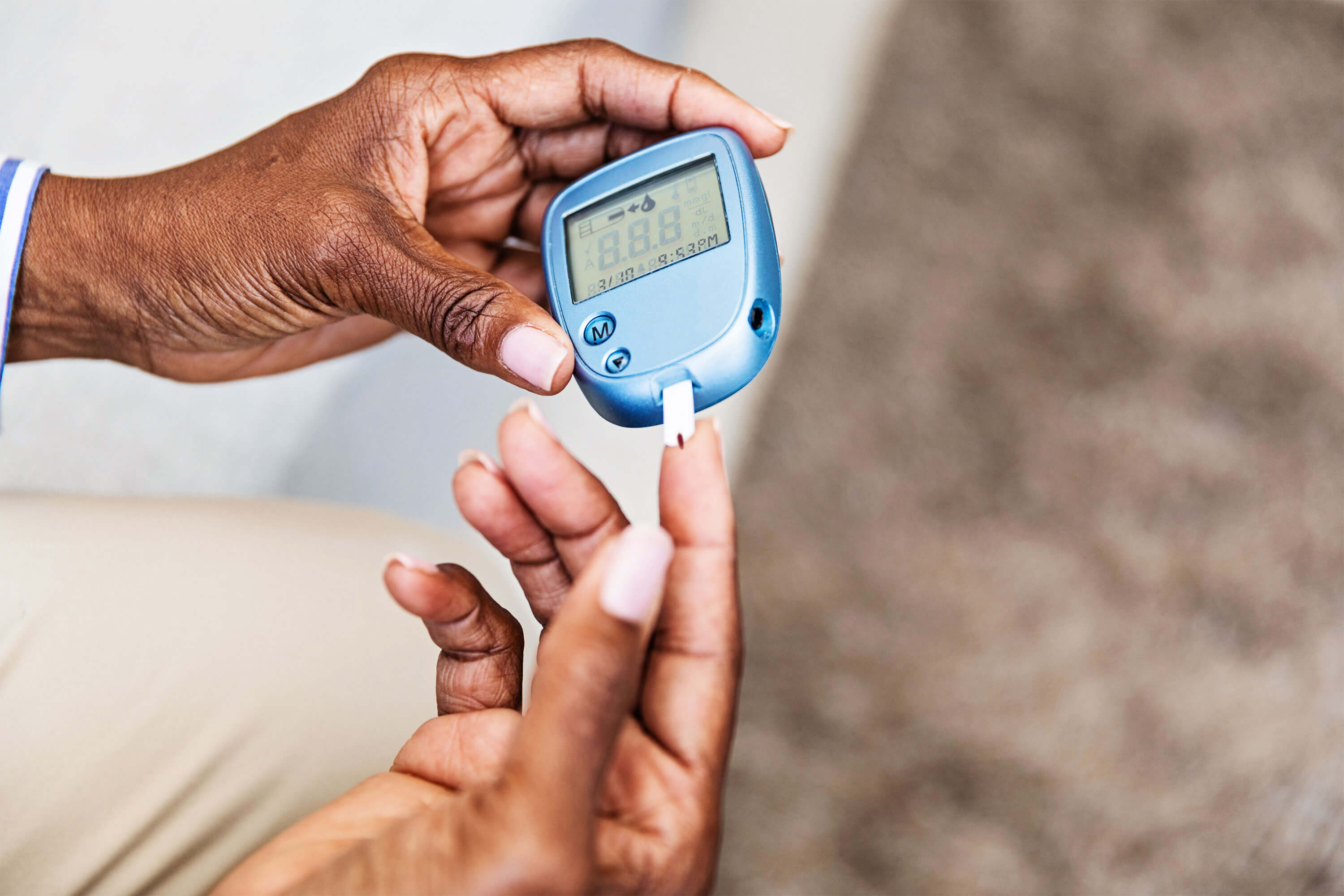

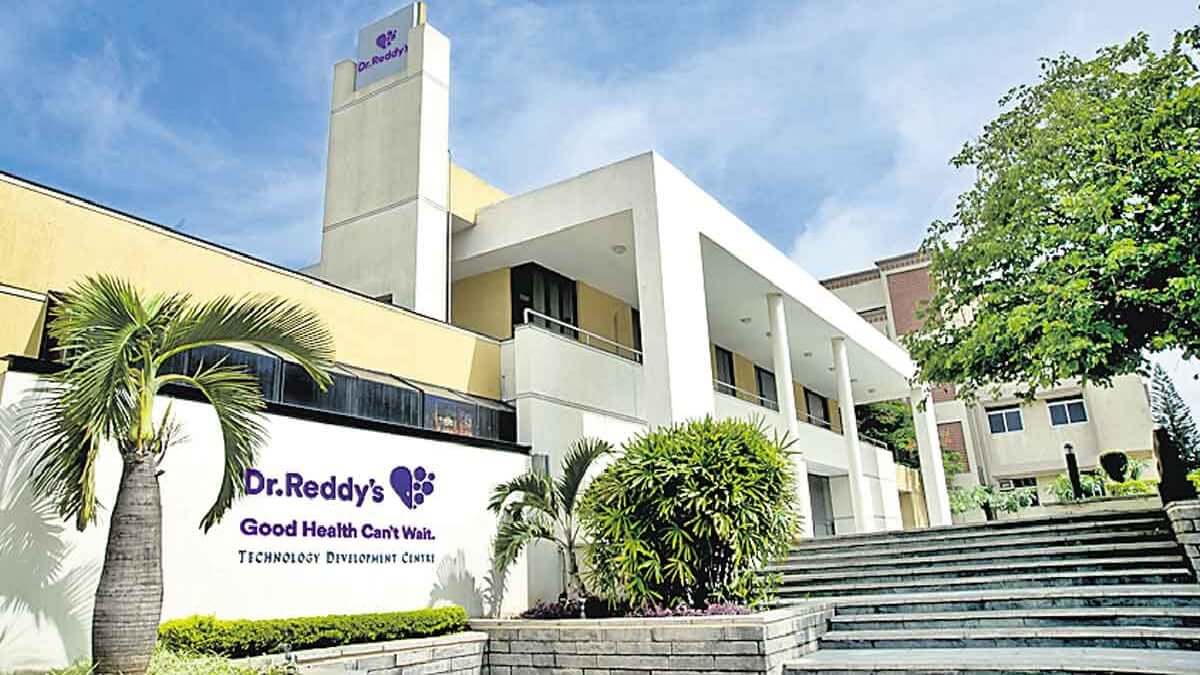
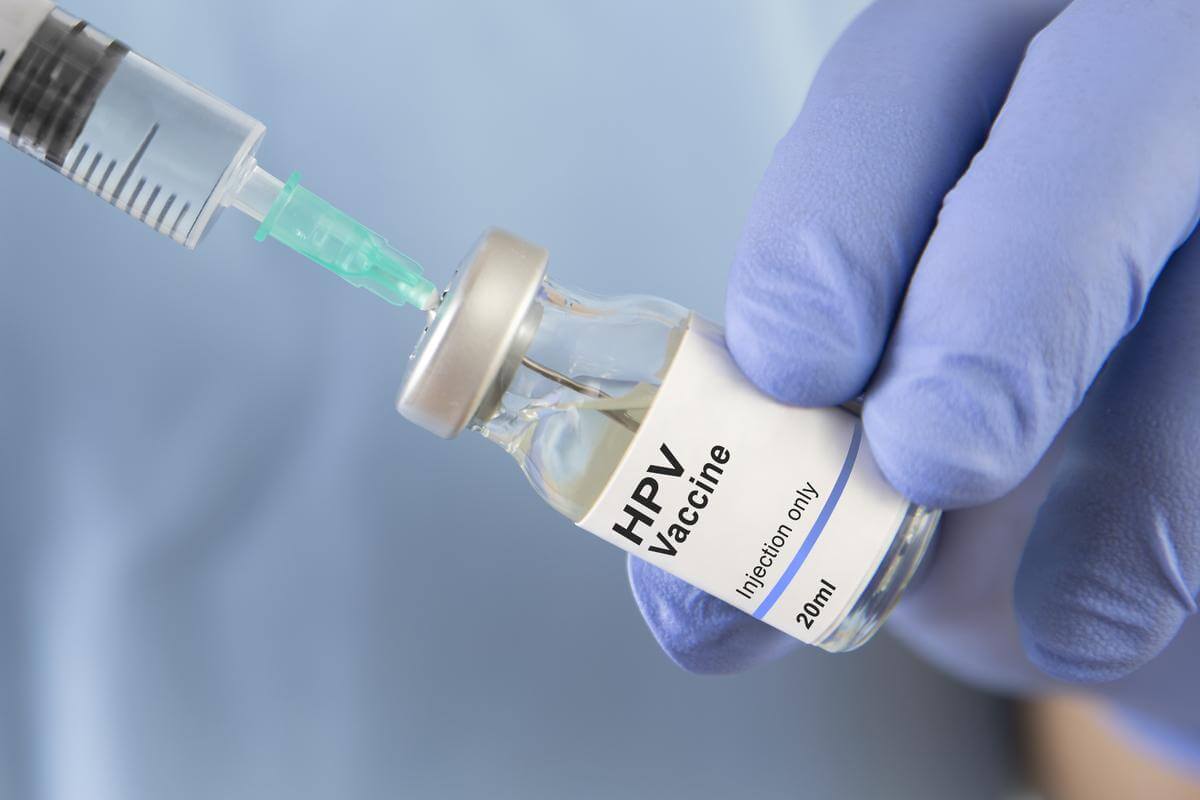



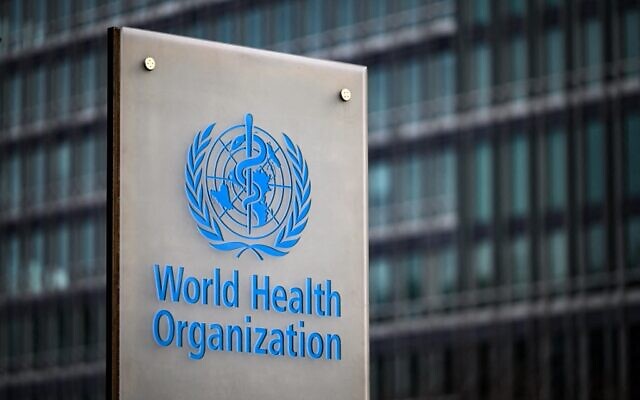

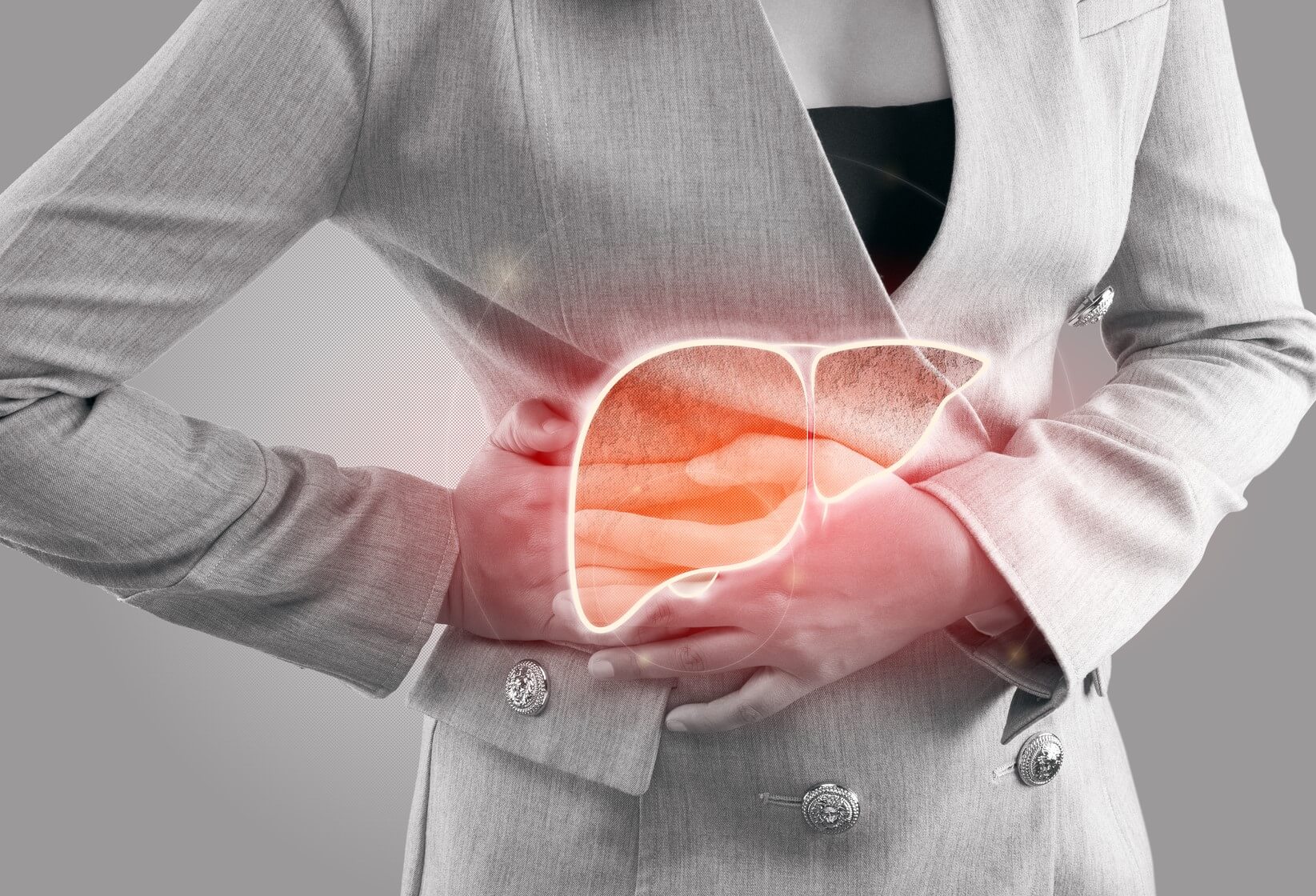













.jpg)
.jpg)
.jpg)


